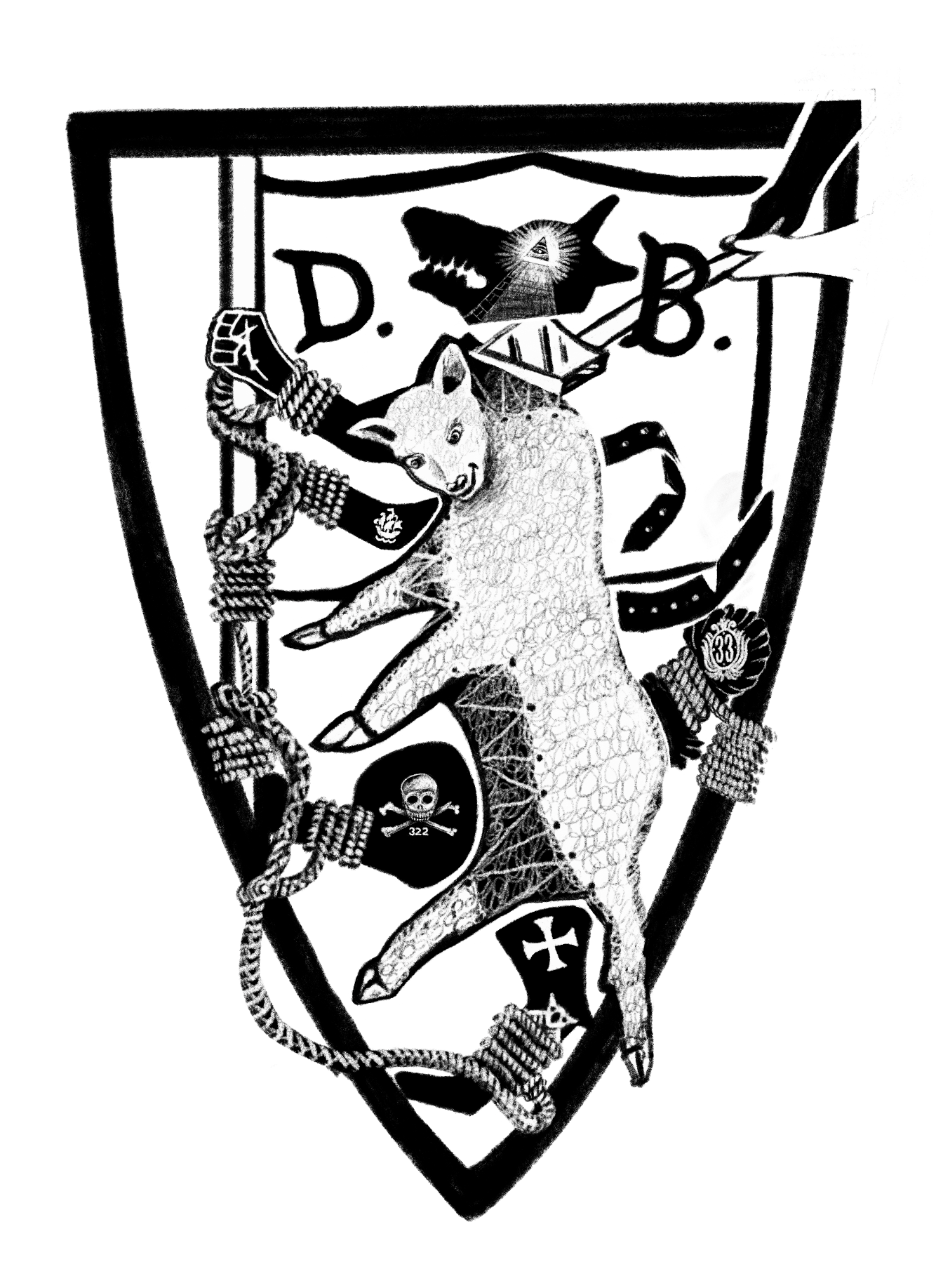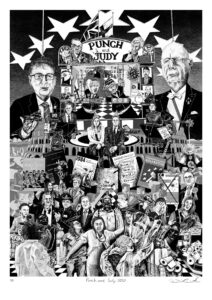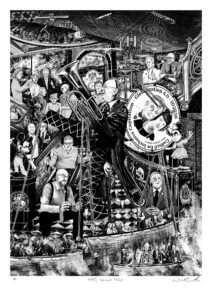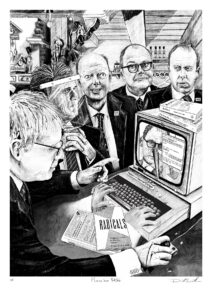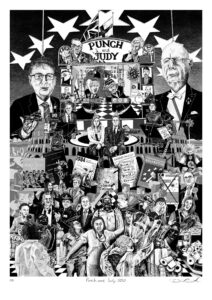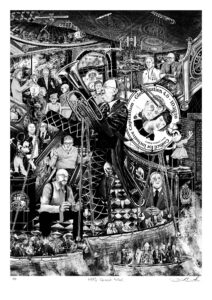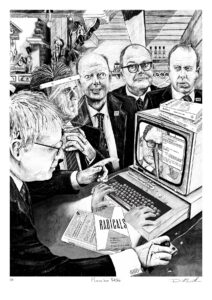“PHONETICALLY SPEAKING” To reflect the fast pace of world news, my blog is probably best served as a stream-of-consciousness text. Fast and unadulterated. With this approach, and on first encounter, text might not seem to scan. This is because I am dyslexic. Instead of keeping the proof-readers busy, I would rather let my blog updates of my visual work stand as a record of my experience of dyslexia, which I am keen that you now get to enjoy too. Unlike some news outlets, I hereby excuse myself the need for a ‘corrections’ section! The excitement of a new language is something I’m quite familiar with, and it is with this ‘joie de vivre’ that I am delighted to guide you through my thought and work processes, more phonetically (than fanatically) speaking.
DYSLEXIA AND PHILOSOPHY: WHY I’M PROUD TO BE ENGLISH – A WORKING-CLASS PERSPECTIVE
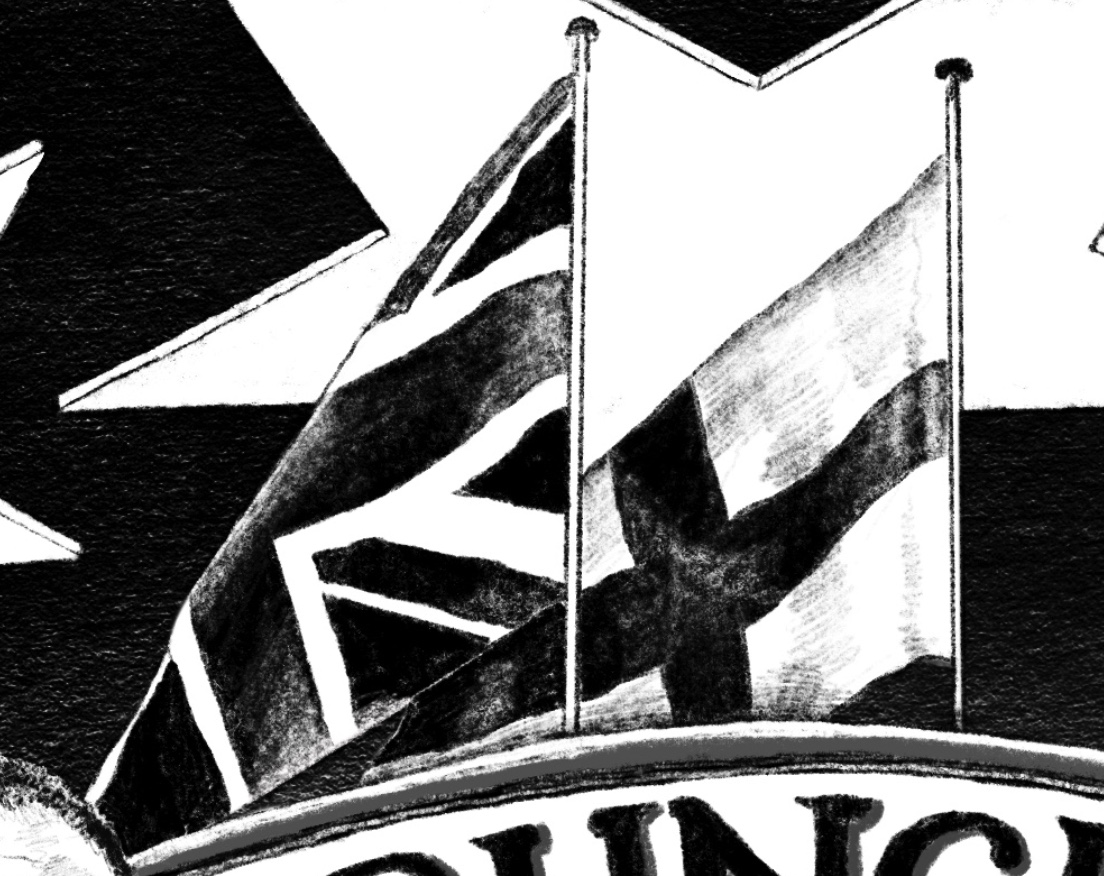
I was recently asked if I was proud to be English. I looked puzzled. “Of course,” I said. The person questioning me seemed surprised, even curious. “Why?” they asked, as if the idea of national pride was outdated or shameful. I replied without hesitation: “Because we banned slavery worldwide.”
That statement landed like a lead balloon. They looked at me as if I had said something outrageous. To them, slavery was something we should be ashamed of, not something to take pride in. But that’s exactly why I’m writing this because the history of Britain’s abolition of slavery, led by the British working class, has been erased or distorted. It wasn’t the elites who led the charge; it was the ordinary people the miners, mill workers, and factory hands who put relentless pressure on the establishment to end the vile trade. And when we did, we didn’t just ban it in Britain; we spent vast amounts of our national wealth and deployed the Royal Navy to enforce abolition across the world.
Some scoff at the idea of being proud to be English, pointing to our nation’s role in the transatlantic slave trade. And they’re right certain elites made vast fortunes from it, just as they did from grinding down the working-class people of England, Scotland, Wales, and Ireland. But when I say I’m proud to be English, I’m not talking about them the bankers, aristocrats, and politicians who profited off the suffering of others. I’m talking about us the ordinary, hardworking people who have fought against injustice, not just for ourselves but for others, too.
In Derbyshire, where I’m from, we built the industrial world with our own hands. The cotton mills of Arkwright and Strutt didn’t run themselves generations of men, women, and children worked in brutal conditions to make them run. The lead mines and quarries didn’t dig themselves the men of Derbyshire went underground, breathing in dust and fumes, working long hours for scraps while the owners reaped the rewards. We weren’t the ones building empires; we were the ones being used to power them.
And yet, it was the ordinary British people mill workers, miners, and factory hands who helped lead the charge to end slavery. The movement wasn’t led by the rich merchants in London; it was driven by working-class people in industrial towns and villages. Nearly 400,000 Britons signed petitions against the slave trade in the early 1800s an astonishing number when you consider that Britain’s total population was only 10 million at the time, and only 2% of them even had the right to vote. These were not the wealthy elite they were the poor, the disenfranchised, the people who had little themselves but still refused to accept the suffering of others.
Of course, let’s not pretend the working class of Britain had it easy. While enslaved people had no rights whatsoever they could be beaten, killed, or sold at a moment’s notice the British working class was considered expendable. In America, enslaved workers were an asset that had to be maintained, whereas in Britain’s industrial heartlands, workers were disposable. If a factory worker lost a limb, they lost their job. If a miner died in a collapse, another man took his place the next day. Life expectancy for mill workers and miners was abysmally low many died before they even reached 30, their bodies wrecked by the machines they worked to keep running. The legal protections that English common law provided were often barely enforced, but they still existed. The poorest Briton still had recourse to the law in a way that an enslaved person never could. The two situations were both horrendous, but they were not the same, and they should never be falsely equated.
When abolition finally came, Britain didn’t just outlaw slavery and walk away. We spent 5% of our GDP an immense amount compensating slave owners to free their slaves. Was it fair? No. But it was the fastest and most effective way to achieve abolition without a war. Unlike America, which fought a devastating conflict that cost over 600,000 lives to end slavery, Britain used economic leverage to end it peacefully. The compensation money, while morally questionable, was largely reinvested into Britain’s infrastructure, including projects like the railway system, which ultimately benefited the entire country.
But the British effort didn’t stop at home. We spent the next 50 years dedicating 2% of our national budget every year to enforcing abolition worldwide. The Royal Navy’s West Africa Squadron captured 1,600 slave ships and freed over 150,000 enslaved people. Britain also exerted diplomatic and military pressure on other empires to end slavery, including the Ottoman Empire, where British intervention played a crucial role in abolishing the slave markets of Lebanon and beyond.
What made this possible? It wasn’t the British elite they would have happily carried on profiting. It was the relentless pressure from the British working class, combined with the moral framework of English common law and the deeply ingrained British value of self-governance. These forces spread throughout the empire, and in a historic first, the very system that the British ruling class built was turned against them. English common law became a tool of independence movements across the empire, as colonized peoples used Britain’s own legal principles to demand their freedom. This was an unprecedented event in human history no other empire had ever been dismantled, not by military defeat, but by the very moral and legal standards it had imposed.
And that is the uniquely British dynamic. A ruling class that constantly pushes its power to the limit, and a working class that time and time again forces it to be accountable. This is why I am proud to be English, and why I see no shame in saying so. Because the British working class, with our long tradition of struggle, shaped the modern world not by conquest, but by fighting for dignity, justice, and individual sovereignty. And that, above all, is something to be proud of.
